Advanced Computing Center For Research And Education
-

Vanderbilt welcomes new executive director of Advanced Computing Center for Research and Education
Christian Presley, former director of scientific information technology at NIAID, has been named the new executive director of Vanderbilt University’s Advanced Computing Center for Research and Education. His extensive experience in managing high-performance computing resources and scientific data will support the university's ambitious new College of Connected Computing and other innovative projects. Read MoreApr 19, 2024
-
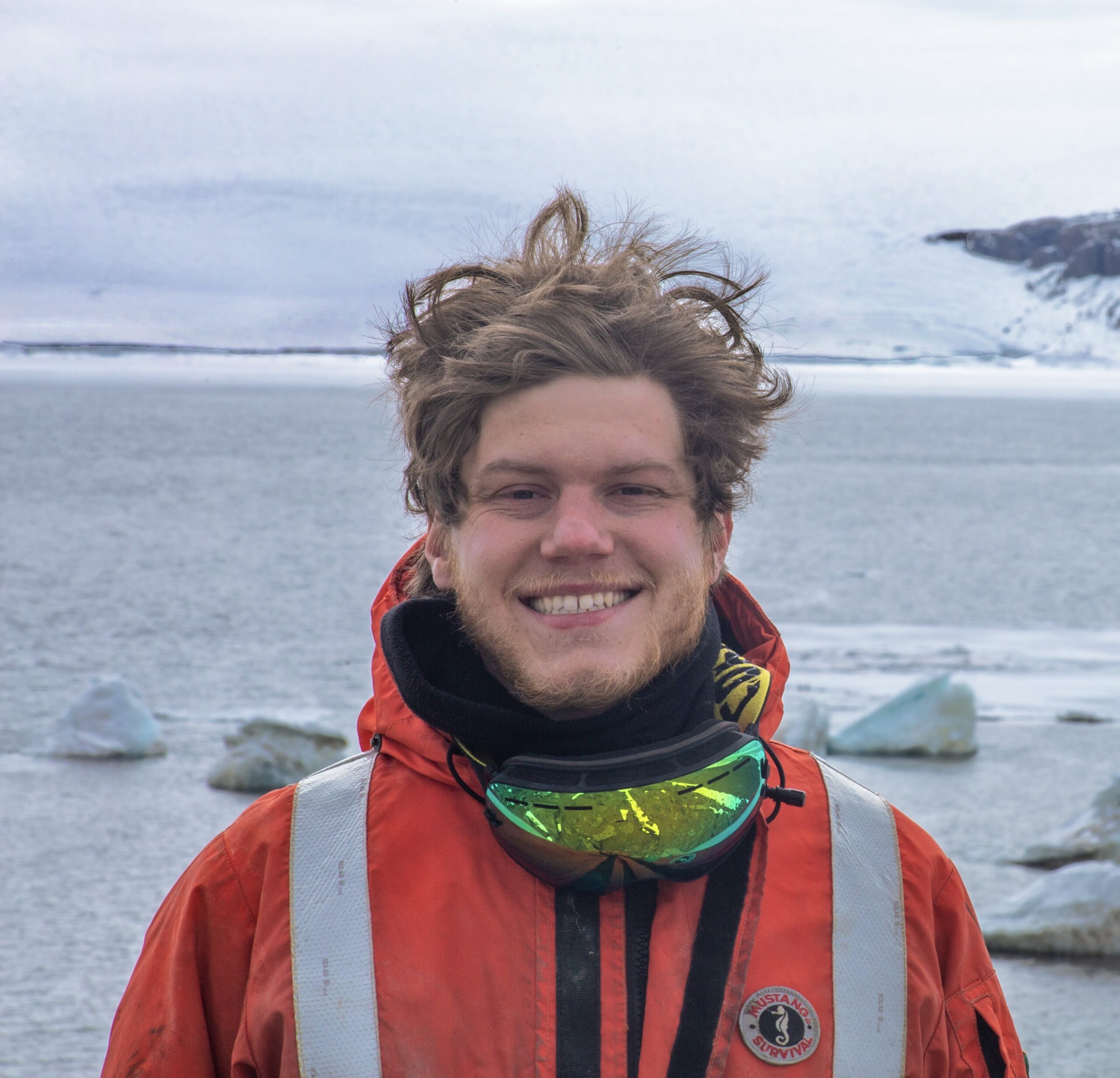
Breaking the mold: postdoctoral fellow’s research challenges ecological norms in yeast communities
Kyle David, an NSF postdoctoral fellow in the Rokas lab, and co-authors published a new paper, 'Saccharomycotina yeasts defy longstanding macroecological patterns' in the high-impact journal PNAS. This paper, which looks at the ecology of 186 species of yeast, provides evidence that not all life-forms follow the rules. Read MoreMar 5, 2024
-

Vanderbilt announces search for new ACCRE executive director
Vanderbilt's Advanced Computing Center for Research and Education has initiated a nationwide search for a new executive director to guide its advanced computational resources. The search will emphasize the center’s pivotal role in big data studies and Vanderbilt’s commitment to innovative breakthroughs. Read MoreOct 11, 2023
-
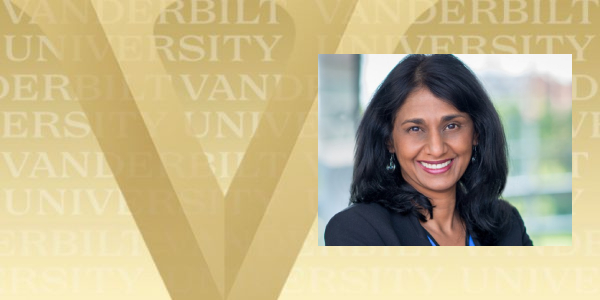
Office of the Vice Provost for Research and Innovation renamed to reflect commitment to innovation; Padma Raghavan reappointed vice provost
Padma Raghavan has been reappointed in her role as vice provost, and her title has been updated to vice provost for research and innovation, by Provost and Vice Chancellor for Academic Affairs C. Cybele Raver. Read MoreSep 29, 2022
-

Oral microbes and gastric cancer
Studies in three large population cohorts that include Asian, African American and European American people support a role for the oral microbiota — the collection of microbial species in the mouth — in gastric cancer development. Read MoreDec 13, 2021
-
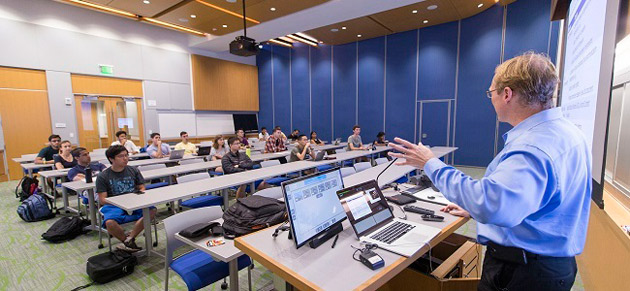
Provost-appointed working group to assess digital support services, projects
A new working group will evaluate Vanderbilt’s digital project resources and services and make recommendations aimed at supporting the university’s current and future needs. Read MoreAug 5, 2019
-
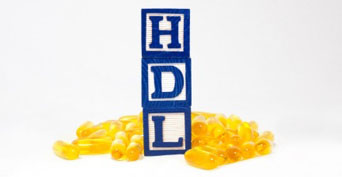
Understanding HDL structure
Structural features of newly formed HDL particles will help guide understanding of “good cholesterol” and its function. Read MoreMay 3, 2018
-

High-performance computing topic of two-day event
XSEDE, a large NSF-founded organization specializing in high-performance computing, is hosting a free outreach event at Vanderbilt June 10-11. XSEDE staff will provide an overview of and training on research computing tools and resources. Read MoreMay 18, 2015
-

Tools for exploring ‘omics’ data
The NetGestalt computing portal integrates vast amounts of data to aid users in finding biologically and clinically relevant information. Read MoreMay 18, 2015
-

How the hummingbird achieves its aerobatic feats
The most detailed aerodynamic simulation of hummingbird flight conducted to date demonstrates that it achieves its aerobatic abilities through a unique set of aerodynamic forces. Read MoreNov 21, 2014
-

Math models to aid voice disorders
A new computational model of the interactions between vocal folds and the air around them could aid in designing new treatments for voice disorders. Read MoreJan 27, 2014
-

Visualizing data on network ‘maps’
The new web application NetGestalt will allow investigators to simultaneously visualize different types of data for the same gene – such as mutation, expression and modification. Read MoreJul 25, 2013
-
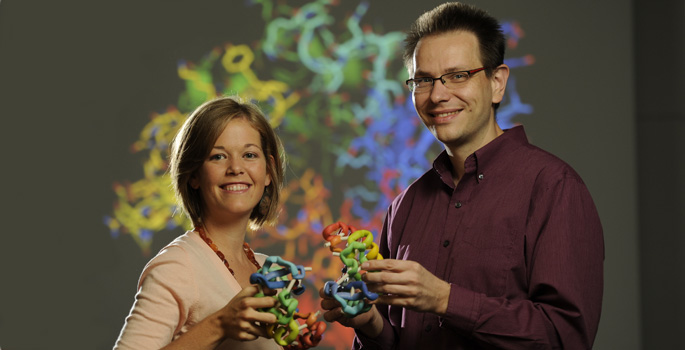
Creation of the largest human-designed protein boosts protein engineering efforts
A team of Vanderbilt chemists have designed and successfully synthesized the largest artificial protein using a new approach that greatly expands scientists’ ability to create proteins unknown in nature. Read MoreNov 15, 2011